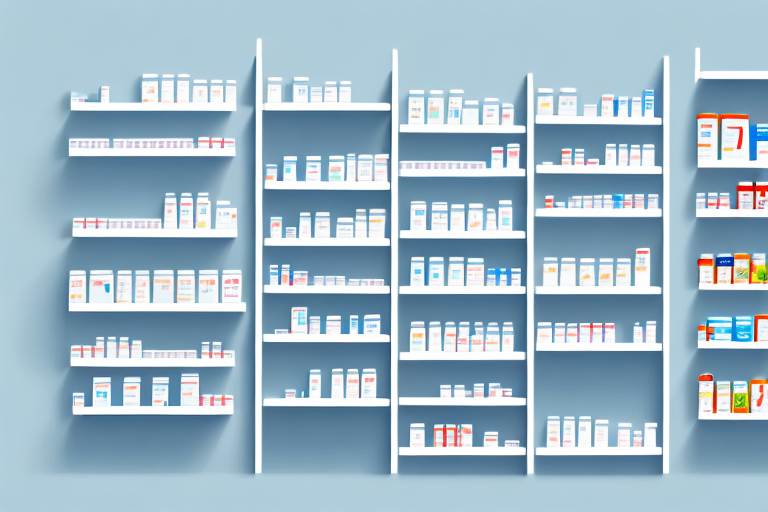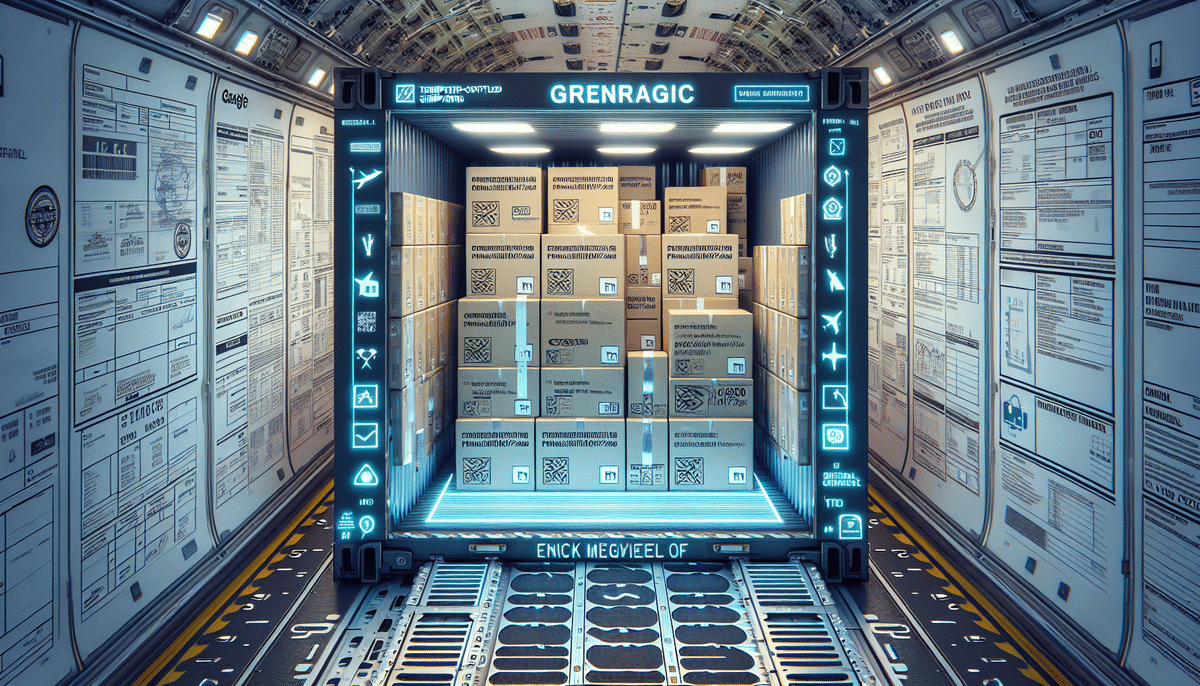The Role and Importance of Pharmaceutical Courier Services in Healthcare
The healthcare industry heavily relies on timely and safe delivery of medications, and pharmaceutical courier services are essential in fulfilling this need. These services ensure that patients receive the right medication at the right time and that healthcare facilities have all necessary supplies to maintain patient health.
Ensuring Safe and Secure Delivery of Medications
Pharmaceutical courier services are responsible for transporting medications and other healthcare products, such as medical equipment and supplies, to various healthcare facilities. They coordinate deliveries, ensure proper handling and storage during transit, and maintain regulatory compliance. Precision and reliability are crucial, as delays or mishandling can adversely affect patient outcomes.
These services often use specialized equipment and vehicles to transport sensitive medical products, such as vaccines and blood products, which require strict temperature control and handling procedures to maintain their efficacy. According to the FDA, maintaining appropriate conditions during transportation is vital to ensure the safety and effectiveness of medications.
Compliance and Regulatory Requirements
Pharmaceutical courier services must adhere to stringent regulatory standards set by authorities such as the FDA and the Centers for Disease Control and Prevention (CDC). Compliance encompasses proper documentation, secure handling, and controlled environments to prevent contamination or degradation of medications.
In 2022, the global pharmaceutical logistics market was valued at approximately $1.2 trillion, with compliance and security being top priorities for 85% of pharmaceutical companies (Statista).
Temperature Control During Transport
Proper temperature control is critical for many pharmaceuticals. Courier services utilize refrigerated vehicles and temperature-controlled storage containers to ensure medications are kept within required temperature ranges during transit. Studies show that temperature excursions can reduce the efficacy of medications by up to 30%, underscoring the importance of reliable temperature management (NIH).
Benefits of Using Pharmaceutical Courier Services
Cost Reduction for Medical Facilities
Outsourcing delivery to specialized courier services can lead to significant cost savings for medical facilities. By bundling deliveries and consolidating shipments, courier services reduce the number of required trips, lowering transportation costs by up to 20% (Healthcare Finance News). This efficiency allows facilities to allocate savings towards other critical areas such as staff training or patient care improvements.
Top Reasons for Pharmaceutical Companies to Outsource Delivery
Pharmaceutical companies benefit from outsourcing delivery to courier services through enhanced efficiency and reduced operational costs. Courier services have the infrastructure and expertise to manage product distribution more effectively, allowing companies to focus on core activities like research and development. Additionally, specialized courier services provide advanced tracking systems, ensuring real-time monitoring of shipments and timely deliveries.
Approximately 70% of pharmaceutical firms reported improved delivery accuracy and reduced lead times after partnering with specialized courier services (PharmaManufacturing.com).
Same-Day Delivery for Time-Sensitive Medications
Same-day delivery services are invaluable for time-sensitive medications, ensuring that patients receive urgent medications promptly. This is especially beneficial for individuals in remote areas or those requiring immediate treatments. Quick delivery times improve patient outcomes and satisfaction by reducing delays in essential treatment.
In regions with high demand for expedited delivery, same-day services have increased medication adherence rates by up to 15% (Journal of Medical Logistics).
Choosing the Right Pharmaceutical Courier Service
Key Considerations
When selecting a pharmaceutical courier service, businesses should evaluate the provider's experience in the industry, track record for reliable deliveries, and adherence to regulatory standards. Assessing the company's capabilities to handle specific types of medications and supply requirements is also crucial.
Evaluating Security and Compliance
Security is paramount when transporting medications. The courier service should employ robust security measures, including secure packaging, GPS tracking, and stringent employee background checks. Compliance with regulatory standards ensures that the service can maintain the integrity and safety of the medications during transit.
Look for certifications such as Good Distribution Practice (GDP) to ensure the courier meets high standards of quality and compliance (European Medicines Agency).
Importance of Real-Time Tracking and Customer Support
Real-time tracking allows businesses to monitor the status of their shipments continuously, providing transparency and assurance of timely deliveries. Reliable customer support is also essential for addressing any issues that may arise during the transportation process, ensuring swift resolution and maintaining service quality.
Studies indicate that 80% of clients value real-time tracking as a critical feature when selecting a courier service (Logistics Management).
Innovations and Future Trends in Pharmaceutical Logistics
Digitalization and Automation
The pharmaceutical logistics sector is increasingly adopting digitalization and automation to enhance efficiency and reduce costs. Automated systems streamline inventory management, order processing, and tracking, leading to faster and more accurate deliveries.
An estimated 60% of pharmaceutical companies plan to invest in digital logistics solutions by 2025 to improve supply chain visibility and operational efficiency (PharmaTechnologist.com).
Use of Drones for Delivery
Innovative delivery methods, such as drones, are being explored to reach remote or hard-to-access areas swiftly. Drones can provide rapid transportation of medications in emergency situations, improving access to essential treatments and reducing delivery times significantly.
Pilot programs have shown that drone deliveries can reduce delivery times by up to 80% in rural areas (DroneGuru.com).
Blockchain Technology for Supply Chain Transparency
Blockchain technology enhances supply chain transparency and security by providing an immutable record of medication movement from production to delivery. This ensures the authenticity of medications and reduces the risk of counterfeit products entering the supply chain.
The implementation of blockchain in pharmaceutical logistics can decrease counterfeit drug incidents by up to 50%, according to industry reports (BlockchainPharma.com).
Conclusion
Pharmaceutical courier services are integral to the healthcare industry, facilitating the timely and safe delivery of medications to patients and healthcare facilities. They offer numerous benefits, including cost savings, enhanced security, and compliance with regulatory standards. As the industry evolves, innovations such as digitalization, drone delivery, and blockchain technology will further improve the efficiency and reliability of pharmaceutical logistics. Choosing the right courier service is essential for businesses to meet their delivery needs effectively and support overall patient care.




















